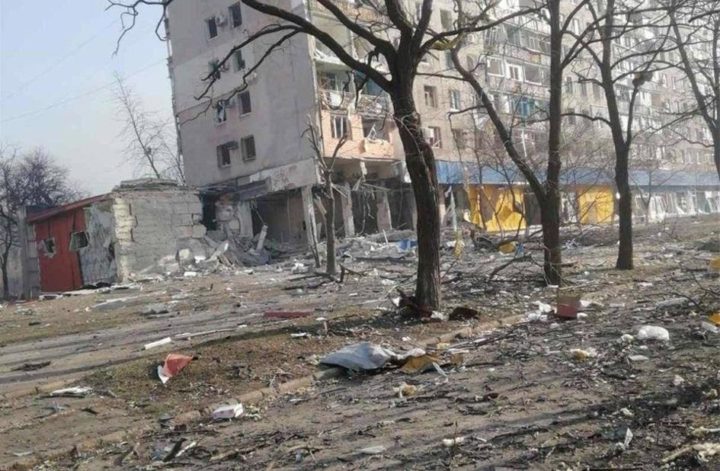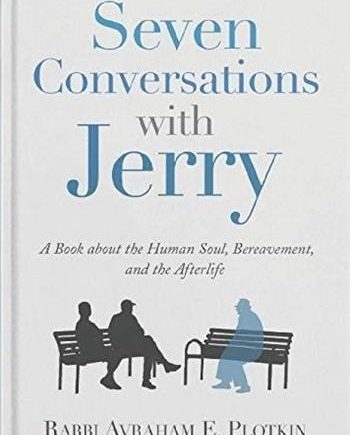Three weeks ago, after speaking with a physician friend who works for a pharmaceutical company, Rabbi Shmuel Gancz made “a simple calculation” and closed his synagogue before any edict from elected officials.
If the coronavirus led to even 1% of the county’s 325,000 residents needing hospitalization, and hospitals in adjoining counties refused Rockland’s cases, Gancz thought, the county’s hospitals would soon run out of beds.
Based only on that worst-case infection rate and worst-case response rate, Gancz shut his Chabad Jewish Center of Suffern on March 11, the day before Gov. Andrew Cuomo’s emergency declaration limited gatherings to 500. Soon, that number was reduced to 50. The Centers for Disease Control and Prevention now suggests gatherings of no more than 10, with people keeping safe social distance — a guideline, not law.
One event — Monday’s funeral for machete-attack victim Josef Neumann — sparked a Facebook battle between two elected officials over how far government can go to curb the outbreak’s spread. The burial was permitted under the governor’s executive order and it had fewer than 50 attendees.
But those who attended didn’t follow social-distancing guidelines, drawing howls of protest on social media.
‘This is God’s shul’
Gancz was convinced he was right to shut down his synagogue, even if some of his followers weren’t.
“One man said: ‘Rabbi, are you crazy? This is God’s shul. This is the only place we should be meeting right now,’” Gancz recalled. The apologetic rabbi offered a prediction.
“I said, ‘Trust me, you will see it this way in two or three weeks.’ Thank God, most of our synagogue, I don’t think anyone here at Chabad contracted the virus in our area. We did stop the spread of it so far.”



